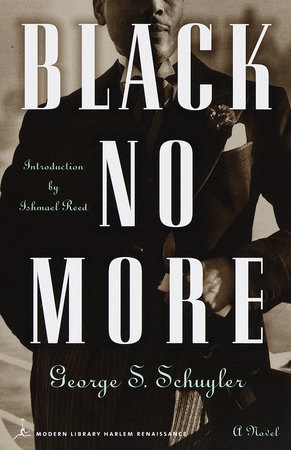The PEN Ten is PEN America’s weekly interview series. This week Lily Philpott, Public Programs Manager at PEN America, speaks with Namwali Serpell, writer and author of the debut novel The Old Drift, published this year by Hogarth.
1. What was the first book or piece of writing that had a profound impact on you?
My favorite book as a child was Quentin Blake’s Mr. Magnolia Has Only One Shoe, my introduction, perhaps, to the beauty of oddity.
2. How does your writing navigate truth? What is the relationship between truth and fiction?
Truth and fiction are too tangled up in each other in our popular conception of writing—“truth is stranger than fiction,” stories must “ring true” even if they’re not true, etc. I’m more interested in the kinds of fiction that sit on the border between the real and the unreal, genres that are often called speculative: the fantastic, science fiction, magical realism, the Gothic. I find bridging the real and the unreal, or even oscillating across the border between them, to be remarkably generative when it comes to aesthetics, politics, and emotions.
“We think in stories. It’s so constitutive that ‘need’ is an understatement. It’s more like blood than water.”
3. What does your creative process look like? How do you maintain momentum and remain inspired?
I don’t have a set process. When it comes to ideas, I find traveling useful, almost in a Pavlovian way—my body is moving, my mind believes it must move as well. And I get a lot of inspiration from dreaming, which is, to my mind, the perfect form of creation—an immersive world that my mind pieces together from scraps of experience, but without all the dire self-consciousness.
 4. What is one book or piece of writing you love that readers might not know about?
4. What is one book or piece of writing you love that readers might not know about?
George Schuyler’s Black No More.
5. What is the last book you read? What are you reading next?
Lydia Kiesling’s The Golden State. Isabella Hammad’s The Parisien.
6. What is the most daring thing you’ve ever put into words? Have you ever written something you wish you could take back?
My essay, “White Men,” was very forthright and direct about race, gender, sex, and my own experiences with all three. I don’t wish I could take it back. But every writer wishes they could take back their words for being imprecise or clunky. When it comes to editing our own work, we are Prometheus, his liver, and the eagle all at once.
7. What advice do you have for young writers?
Read your work out loud to yourself to revise—you’ll hear where the rhythm is off and notice the repetitions and circumlocutions.
8. What do you think makes a piece of writing compelling?
A piece of writing is compelling if it makes me think—or makes me feel—something new.
9. Why do you think people need stories?
We think in stories. It’s so constitutive that “need” is an understatement. It’s more like blood than water.
10. Your debut novel, The Old Drift, was described by Publishers Weekly as a “sometimes magical, sometimes horrifically real portrait of a place” in the style of Márquez and Morrison. How do you approach world-building in your work, while illuminating the historical and futuristic versions of Zambia that appear in the novel?
I don’t think that my task is to “build a world.” It is to evoke a world that already exists. I imagine my writing to be a form of reading. I enter a potential space—be that a room or a person or a person in a room—and I turn around within it to discover what I can see, hear, smell, taste, and feel. If I can’t perceive something, if it’s obscure to me, I do some research: What is that really like? The challenge then is to figure out the balance of description and action, of details and movement, in the prose so that the reader isn’t so saturated with experience that they stop turning the pages. I want them to have just enough information to feel the curiosity that I felt as I “read” the work into being.
Namwali Serpell is a Zambian writer and author of the debut novel The Old Drift. Her story “The Sack” won the 2015 Caine Prize for African writing. In 2014, she was chosen as one of the most promising African writers in the Africa39 anthology, a project of the Hay festival. She received a Rona Jaffe Foundation Writers Award in 2011. Her first published story, “Muzungu,” was selected for the Best American Short Stories 2009 and shortlisted for the 2010 Caine Prize for African Writing. She teaches at UC Berkeley and lives in San Francisco.
